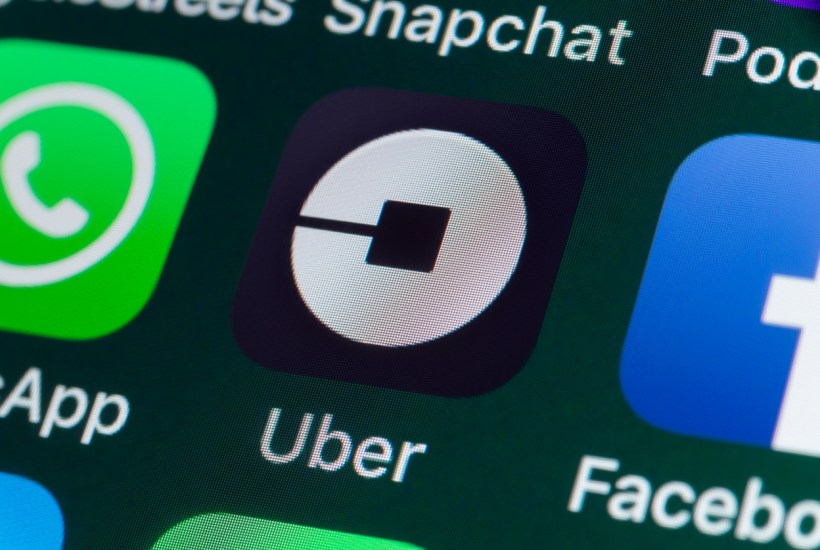They are monitored by the firm. They don’t have the option of working for other companies. And they are entitled to all the protections that come with being an employee. The Supreme Court today potentially blew up Uber’s business model, and the model of many other fast-growing ‘gig economy’ companies as well, with a ruling that drivers for the app operator are not self-employed after all, as the company likes to claim, but staff, and should be treated as such.
In truth, you can argue the case for or against that decision, as the lawyers have just done expensively in court. But in reality, this is a hugely important verdict about the kind of economy we want to create. And that economy should be decided by the people we vote for and can re-elect, not by a group of judges.
The Supreme Court may well be right on the strict interpretation of the law. It is a little hard to work out whether Uber drivers fit the traditional category of employee or not. On the whole, they choose their own hours, which makes them sort of freelancers. But they don’t typically work for lots of people which makes them more like employees. It is a legitimate debate. The real problem is that the Supreme Court is not the right body to make the decision.
In fact, the Court has a growing, and questionable, record of judicial activism on economic matters. For example, the (completely correct) decision by the Cameroon government to make people pay fees to take their company to an employment tribunal, to discourage frivolous claims, was also overturned by the Supreme Court. It is meddling more and more in the economy, and usually from a left-of-centre perspective that is more focused on protecting traditional rights than promoting innovation and entrepreneurship.
And yet in reality, the right place to make these decisions is surely Parliament? On employment tribunals, there is a strong case that the system encouraged disgruntled workers, often egged on by the unions, to bring ridiculous claims against companies. It is a heads-I-win, tails-you-lose system that discourages small businesses in particular from creating jobs. Likewise, on the Uber case, what we need is a new kind of employment status, ‘gig worker’, that would have some of the rights of traditional employment law (against discrimination, for example, or unfair dismissal) but not all of them (such as holiday pay, or compulsory pension contributions). If necessary, the government will have to legislate for that.
What is surely clear is that these are major decisions about the kind of economy we want to create, about how much we embrace innovation, and how far we welcome entrepreneurship. And that is far too important to be left to a group of unaccountable judges who, as far as we can tell, will always side with the old, traditional way of working, and never with the new forms of employment that are emerging – as the Uber decision has just illustrated all over again.
Got something to add? Join the discussion and comment below.
Get 10 issues for just $10
Subscribe to The Spectator Australia today for the next 10 magazine issues, plus full online access, for just $10.





















Comments
Don't miss out
Join the conversation with other Spectator Australia readers. Subscribe to leave a comment.
SUBSCRIBEAlready a subscriber? Log in